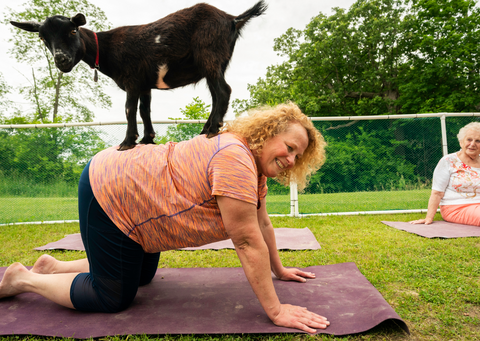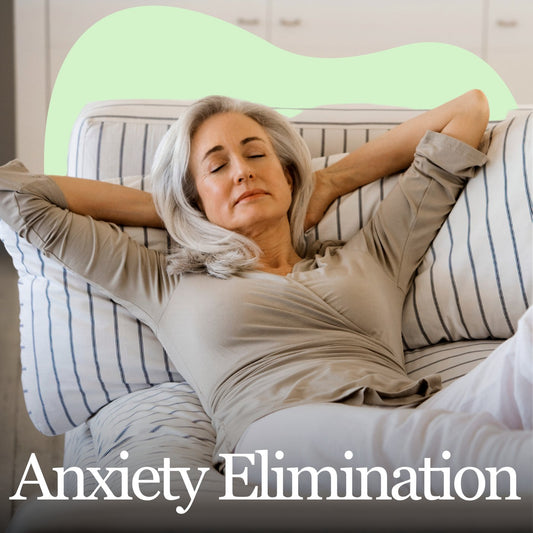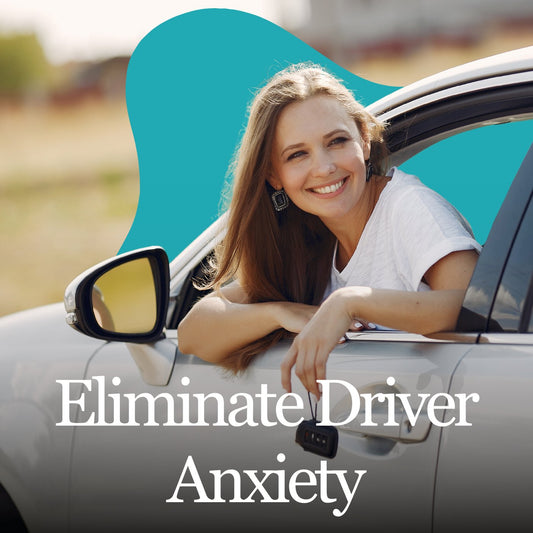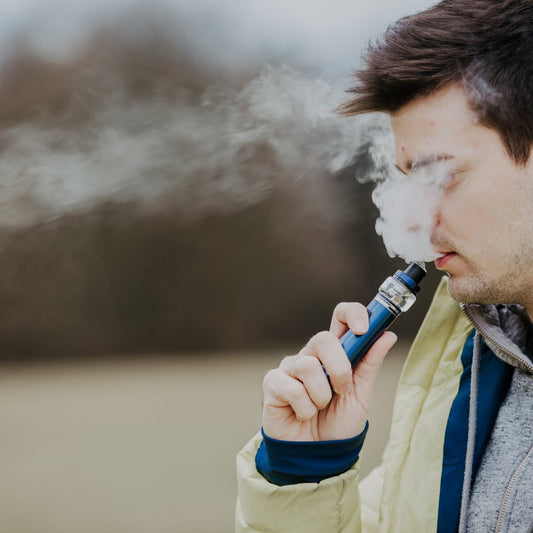I grew up with a variety of pets, and as a result my children have too. At one point we had a ridiculous total of 13 different creatures sharing the house with us (OK fine...3 dogs, 2 cats, 2 guinea pigs, 3 mice, 1 lizard, 2 birds). It was a bit excessive. There was a lot of poop of varying sizes on a daily basis. However, each of them brought their own special something to the family and were appreciated for their unique contributions.
Some years (and several countries) later, two of the senior dogs are still alive and with us after many adventures. While the cats stayed in the USA with relatives and the little critters found homes before we left, the dogs travelled with us across the USA in a camper van for a year, then flew to Italy and lived with us in a tiny apartment in a medieval village on a mountain. Then they bravely joined us on a very long car ride and ferry journey to live on a farm in Ireland. And now they are happily snoring away in our English home. It probably cost more money and effort to move them each time than to move ourselves, but leaving them wasn't a question. They are family, and, as the science reveals, they are also really, really GOOD for us.

Peeing on an ancient Etruscan wall in Italy. As you do.
They're not just pets; they're emotional support animals in their own right. My 9-year-old son, who struggles with anxiety, finds immense comfort in their presence, and will often scoop up our new kitten up to snuggle with when he's having the hardest moments. It's an incredible connection that is also, thank goodness, mutually beneficial.
The Science Behind Pet Therapy: It's Not Just Anecdotal
Wondering if there's any scientific evidence to support the mental health benefits of pets? A study published in 2022 found that pet owners are 41% less likely to suffer from depression (source). It turns out that spending quality time with our pets can lead to a decrease in stress hormones like cortisol and an increase in the feel-good hormone oxytocin.
Cortisol, often referred to as the "stress hormone," is released by our bodies in response to stressors. It's a natural part of our fight-or-flight response, designed to help us deal with challenging situations. However, when stress becomes chronic, elevated cortisol levels can have detrimental effects on our health, including increased anxiety and a weakened immune system.
Here's where our pets work their magic. Interactions with them trigger a relaxation response in our bodies. Studies have shown that activities like stroking, petting, or simply being in the presence of a beloved pet can lead to a decrease in cortisol levels. This calming effect is thought to be linked to the release of oxytocin, often dubbed the "love hormone" or "bonding hormone."
Oxytocin is a hormone and neurotransmitter that plays a crucial role in social bonding, trust, and emotional well-being. When we interact with our pets, especially through physical touch or eye contact, both humans and animals experience an oxytocin release. This surge in oxytocin contributes to feelings of attachment, affection, and contentment - isn't it lovely that they feel it too?!
When you spend time with your pet, whether it's cuddling on the couch, playing fetch, or just hanging out 'near' them (cat people...you know what I mean), you're not only forging a deeper emotional connection but also reaping the stress-reducing benefits of reduced cortisol levels and increased oxytocin production. It's a beautiful example of how our pets contribute to our overall wellness in ways that go far beyond their adorable appearances. They are also exceptionally good at providing non-judgemental company, which can be really helpful for anyone who is dealing with self worth issues, shame, or relationship problems.
In addition, especially for the elderly, pets are remarkable companions in the battle against loneliness. As we age, social circles often shrink, and the loss of loved ones can leave a profound sense of isolation. Pets offer unwavering companionship and a constant presence that helps alleviate the pangs of loneliness. Their affectionate nature provides a sense of purpose, as caring for them involves daily routines and responsibilities. For the elderly, pets become confidants, listeners to stories of the past, and sources of joy, making the golden years more vibrant and less solitary.
Another study in the Journal of Pediatric Nursing suggests that pets can be particularly beneficial for children dealing with stress and anxiety (source). The gentle purring of a cat or the wagging tail of a dog can have an almost magical ability to soothe worried hearts. As a parent or caregiver, you'll find that having a pet in the family not only brings joy but also helps your children develop empathy, responsibility, and a deeper connection to the world around them. Next time you see your child cuddled up with their four-legged friend, know that it's not just a cute moment but a small act of wellness too.

Specific Mental Health Benefits of Pets - Summary
-
Stress Reduction: Petting an animal can lower cortisol levels.
-
Mood Enhancement: Pets can increase serotonin and dopamine levels.
-
Social Benefits: Pets can improve your social interactions and connections.
It's easier to make conversation with strangers when there's an adorable fur-being to admire and connect with too.
-
Eases Isolation: Pets provide constant companionship for anyone who is feeling lonely or isolated.
-
Physical Activity: Pets encourage exercise, which is extremely beneficial for mental well-being.
- Routine and Responsibility: Pets provide a sense of routine and responsibility. You might not always remember to feed yourself, but you can't ignore an imploring animal for long, and forgetting to walk them leads to natural consequences that you'd both rather avoid.

Can't have pets because of allergies or circumstances? Here are some alternative ways to experience animal therapy
Animal Shelters: Volunteer and experience the joy of animal interaction. Most places welcome extra help...check local shelter websites for details.
Pet-Sitting: A win-win situation for you and the pet owner. As an added bonus you can combine going on holiday with pet sitting and save yourself accommodation costs. Some pet sitting jobs pay, and some are a trade for you getting a place to stay, so have a browse around and find one that suits you.
Pet Cafés: The first cat cafe appeared in Taiwan in 1998, but the idea has boomed around the world. There are now pet cafes in many countries that allow people to spend time with a variety of animals, from dogs to reptiles. There is even a racoon cafe in South Korea, and my son is apparently saving all his money to visit the otter cafe in Japan. For now he'll have to settle for the cat cafe near us where you can hang out with a variety of cats while you have a coffee. My son is obsessed, knows all the cats by name, and will apparently be working there the moment he is legally allowed to.
Goat yoga: Do yoga while being climbed on by goats. Best or worst of both worlds? try it out and let me know!

Final Thoughts: Pets as Emotional Lifesavers
Pets are more than just cute companions; they're emotional lifesavers. Their positive impact on mental health is both profound and scientifically proven. However, there are times when we need additional help to navigate the challenges of mental health. That's where Clear Minds steps in. With a diverse range of sessions and expert guidance, we offer valuable resources to help individuals on their journey towards improved mental well-being. If you find that you or someone you know needs more than the loving presence of a pet to cope with anxiety and depression, consider exploring the tailored sessions available at Clear Minds. They're here to provide the professional assistance and understanding that can make a real difference in your mental health journey.
Hypnotherapy Sessions You Might Find Helpful
- Stress Elimination Hypnotherapy
- Anxiety Elimination Hypnotherapy
- Overcome Adverse Childhood Experiences Hypnotherapy
Further Reading and Resources
- Understanding Anxiety in Kids - blog post
- Managing Mental Health - 9 signs that someone has anxiety
- Anxiety Journal












